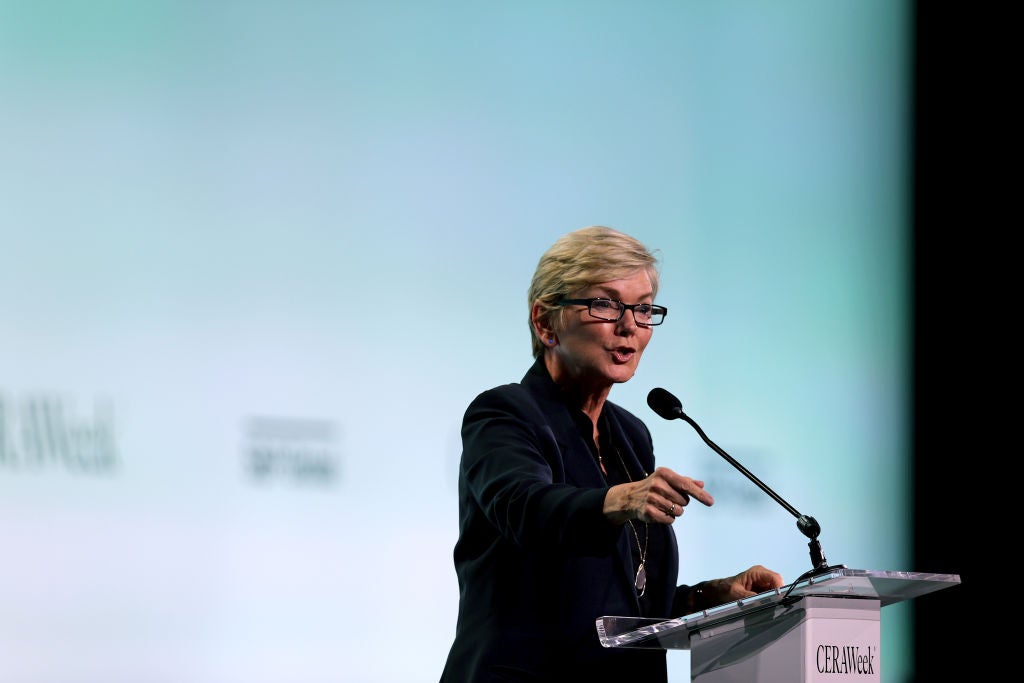Senior oil executives collectively opposed a rushed transition away from fossil fuels at the CERAweek energy conference in Houston on 18 March.
Amin Nasser, CEO of Saudi Aramco, said the energy transition is failing and called on policymakers to abandon the “fantasy” of phasing out oil and gas. He believes that demand for fossil fuels will continue to increase in the upcoming years and that the notion of eliminating them is unrealistic.
“We should abandon the fantasy of phasing out oil and gas and instead invest in them adequately, reflecting realistic demand assumptions,” Nasser said.
He added: “We should phase in new energy sources and technologies when they are genuinely ready, economically competitive, and with the right infrastructure, adjusting all of the above as needed as we go.”
The Russian invasion of Ukraine and the ongoing tensions in the Middle East have pushed policymakers across the world to focus more on energy supply security in recent years rather than demands by governments and climate organisations to phase out fossil fuels.
As “transition reality bites”, Nasser said that “[consumers] are demanding a transition that is affordable, reliable and flexible, and that supports our climate ambitions.”
Jean-Paul Prates, the president of Petrobras, stated that the objective of all should be reducing emissions without any competition between technologies. He also mentioned that the world must aim to blend the best technologies and energy sources based on each location's requirements.
“We live in a world of inequalities and differences. We still face energy poverty in many places. Therefore, we must be unanimous in seeking a fair energy transition, carried out gradually and responsibly,” Prates said on Sunday.
“Global oil demand is expected to reach an all-time high in the second half of this year, and there is significant demand growth potential in developing countries, where oil consumption currently ranges from less than one to just below two barrels per person per year,” Nasser added.
The International Energy Agency’s February 2024 oil report said that the expansion in global oil demand is set to decrease by 1.2 million barrels per day (mbbl/d) in 2024, compared with 2.3mbbl/d last year.
Referring to the gap in oil consumption in the Global North, Nasser said: “As prosperity eventually rises in the Global South, so will demand for energy, and these nations cannot afford expensive energy solutions.
“Yet, despite representing over 85% of the world’s population, they currently receive less than 5% of the investments targeting renewable energy.”















